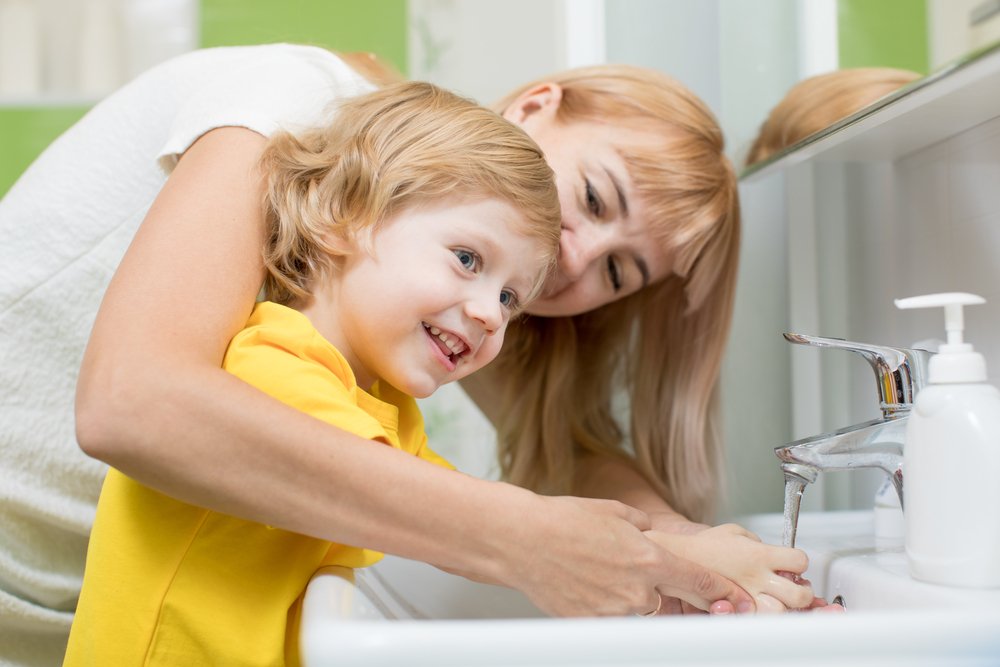Key points:
- Teaching personal hygiene and self-care is crucial for a child’s future independence.
- Essential self-care areas for preschoolers include sleep, food, drink, dental care, dressing, and grooming.
- Self-care and hygiene skills enhance cognitive and motor-control abilities.
- Tips: visual schedules, task breakdowns, modeling, role-playing, routine establishment, and allowing sufficient time.
Beyond thinking of a toddler’s kindergarten or preschool readiness, teaching your little one about personal hygiene and self-care will create a routine that will help them continue to take care of themselves, as they grow and gain more independence.
The main areas of self-care for a preschooler are sleeping, eating, drinking, tooth brushing, dressing, and grooming. And though all these may seem daunting for a parent to teach, a great way to start is emphasizing and modeling these skills in a scaffolded way. For example, by teaching your child to wash their hands before eating, preparing food, after going to the toilet, and after playing or touching animals. Teach them the importance of using soap and of drying their hands thoroughly.
Even though self-care and hygiene skills may appear to be fairly straightforward, they actually involve and help develop lots of different cognitive and motor-control skills. For example, planning and sequencing a task performance, identifying context and materials needed, developing a refined physical control, reinforcing the understanding of receptive language and the ability to express language, improving the registration, interpretation, and response to sensory information coming from the outside or from one’s own body; among others.
Tips for aiding your child to improve their self-care and personal hygiene skills:
- Create a visual schedule of all the steps, places, and materials involved.
- Break down the complex tasks, like brushing teeth, into smaller steps where you can support your little one along the way.
- Have you or other family members model activities like hand washing or hair combing.
- Role-play self-care tasks with toys or teddy bears.
- Make the task into a routine or strategy, so that your child can remember it better.
- Allow them enough time to participate in self-care activities without being too pressured or feeling rushed.








